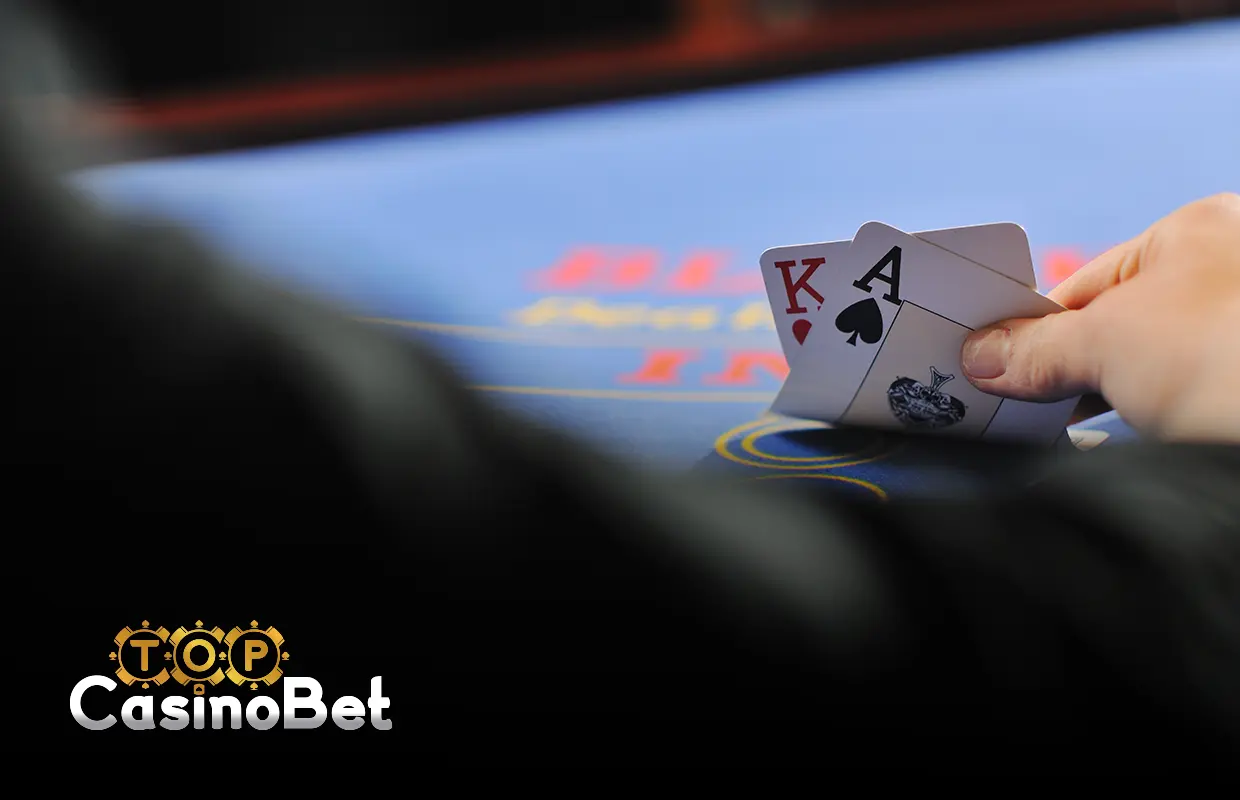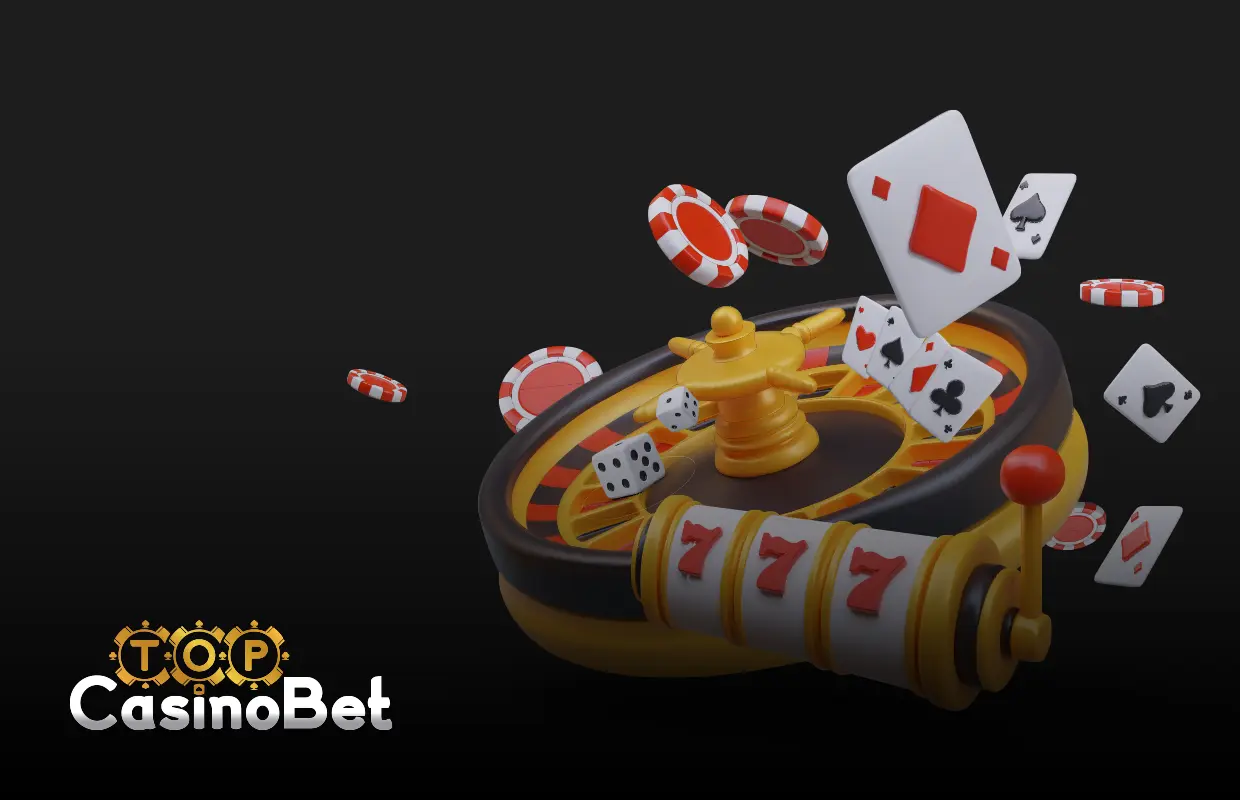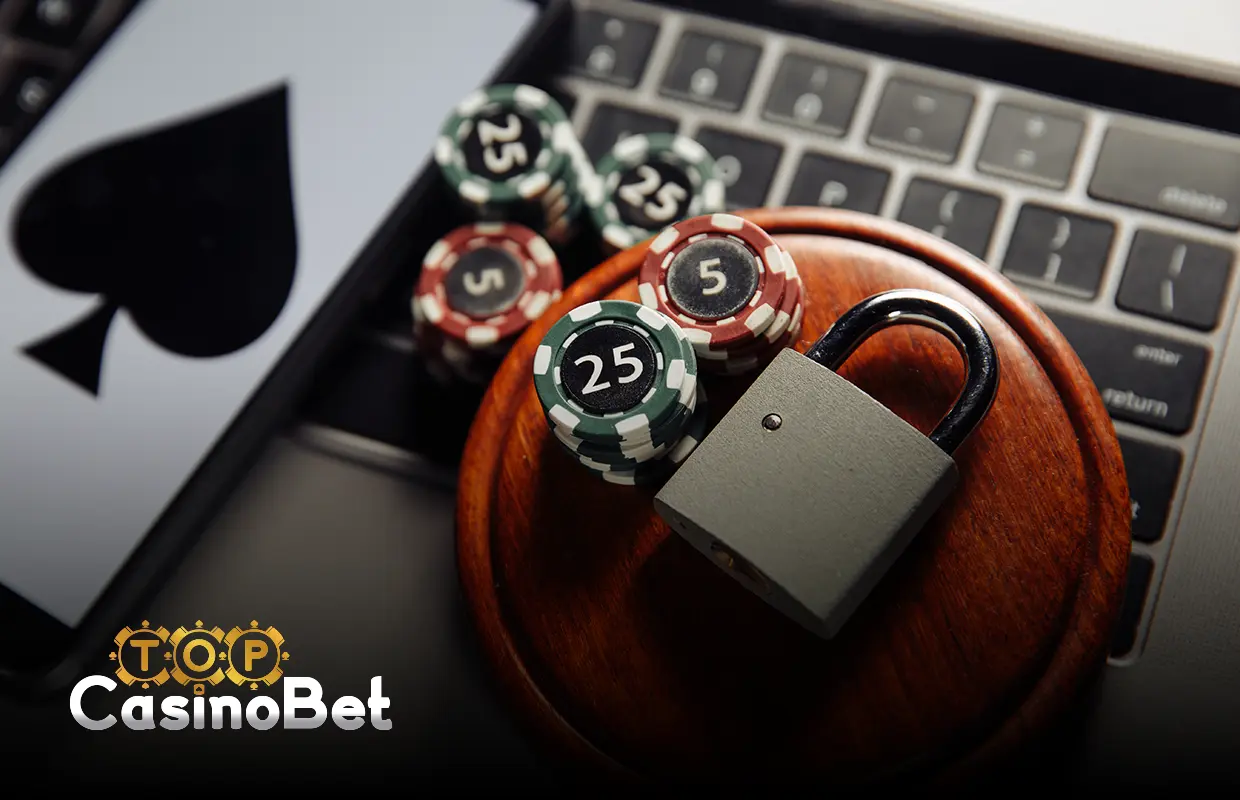


If you like blackjack but want something different, Spanish 21 could be your next favorite game. It looks and plays like regular blackjack, but a few clever rules make it even more fun, and surprisingly a little more fair for the player. In this guide, we will explore everything you need to know about Spanish 21 rules, where it came from, and how to play it like a pro.
Spanish 21 is a branded variant of blackjack that appeared in casinos in Las Vegas in the year 1995. Now, it's played in many places around the world, including Malaysia and Australia, and it is called Pontoon. Spanish 21 turned out to be very popular, right away, because Spanish 21 provides players with several additional ways to win and bonus payouts, while keeping the basic objective of blackjack the same: to get as close to, but not go over.
But here's the twist: Spanish 21 does not use standard decks. Instead, Spanish decks with 48 cards are used instead of the 52 that standard decks have. The reason for that is that the 10s are removed. You will see Jacks, Queens, and Kings, but not the 10 cards. At first, you'd think that this would assist the house, but there are bonus rules that alter and balance the game player's favor.
If you have ever played the game of blackjack, the setting will be very similar. Spanish 21 is played with either 6 or 8 decks of 48 cards. And up to 7 players can play. The dealer will deal two cards to each player and one card to themselves. The objective is to beat the dealer’s hand without going over 21.
The fun comes from how Spanish 21 develops the rules.
Here are some key Spanish 21 rules are given below:
This is the most important rule that makes Spanish 21 unique. If you and the dealer both hit 21, you automatically win. In blackjack, it would be a push.
If your first two cards don't look good, you can choose to surrender after the dealer looks for blackjack. This allows you to surrender half your bet instead of losing it. It's a small and clever way to reduce your losses over time.
You can double down after receiving your first two cards or at any time after receiving more than two cards, as long as your second bet is equal to or less than your first bet. However, if you change your mind, you can use the unique option of "Double Down Rescue." If you would like to back out of the double-down option, you can do so and simply lose your first bet, provided everything does not go in your favor.
If you get a pair (two cards of the same value), you can split them into two separate hands; something that is usually allowed in most blackjack games, but in Spanish 21, you can split as many as four hands in one round of play. You can even re-split aces if you get another ace. Most blackjack games will not allow re-splitting aces.
Dealers either hit or stand on a “soft 17” (a 17 with an Ace), depending on the casino rules. This affects the odds slightly, so before playing, check the table rule sign.
There are no 10s in the deck. The number of cards is reduced by 4, leaving only 48 cards instead of 52. This makes it difficult to get certain totals, but the bonus rules in the game compensate.
Spanish 21 has several payouts you just won't find anywhere else that keep the action moving at the table.
Then there is the Super Bonus. This is easily the most exciting rule in the entire game. As you can imagine, your payout will depend on how much you wager. If you have three 7s of the same suit, and the dealer is showing a 7, you will really be rewarded substantially. If you wager from $5 to $24, you will get $1,000. If you wager $25 or more, you will receive $5,000.
The odds of hitting that's 7-7-7 are about 1 in 668,000, but that is what makes catching it so fun. There is just enough luck to make it interesting.
Spanish 21 also features optional side bets, such as the Match the Dealer bet. In this bet, you are predicting that either one of your initial cards will match the rank of the dealer's face-up card or that both of your cards will match. If you match not just the rank of the card, but the suit as well, you will receive an even higher payout. Although this is a fun bet, serious players will not bet it as it does increase the house edge slightly.
While the rules might appear more favorable to players, Spanish 21 still requires a smart strategy to be effective. The house edge can be reduced as low as 0.4% to 0.8% if you follow a proper strategy, which means nearly even money against the house. Here are some steps you can take to play smarter:
If you can just remember these simple moves, you can keep your advantage strong while avoiding common traps.
Spanish 21 has the same feel as blackjack, but it has a turbo setting. It is faster, riskier, and more rewarding. Unlike regular blackjack, where a 21 is just a push, every 21 is a win. The bonus payouts, as well as different options like doubling after splitting, make Spanish 21 a player favorite among new and experienced players.
Spanish 21 also has more options and fun. Every hand feels alive with choices; do you want to surrender, double, or try and make that 21? The thrill of decision-making is what makes Spanish 21 a modern casino classic.
Learning Spanish 21 rules is more than just memorizing numbers; it is learning when to take a chance and when to back off. The game combines skill, timing and luck into something that feels fair and exciting overall.
Whether you’re playing in a land-based casino or in an online casino, take time to learn the rules, learn your strategy, and enjoy the journey. With the right play, Spanish 21 can provide you with some of the best odds you will find in a casino anywhere and maybe even a Super Bonus waiting just around the corner.
Spanish 21 uses a 48-card deck that doesn't include 10s. The player's 21 always wins, and you can double on any cards, re-split aces, or "late surrender." These rules provide more flexibility than regular blackjack.
Spanish 21 takes the 10s out, which also provides bonus payouts and more doubling options for players. In addition, the player's 21 always wins, which gives players a slight edge.
Yes. Due to those bonus payouts and advantageous player rules, the house edge on Spanish 21 may even be as low as 0.4% -0.8%, much better than regular blackjack.
Yes. Many online casinos provide Spanish 21 tables with all the same options, including side bets and bonus payouts.


















THE BEST ONLINE CASINOS WE RECOMMEND